
Student wellbeing programs are well resourced and represent a high priority at OLMC Heidelberg.
Our staff support students as they journey through adolescence and their days at OLMC. This support comes through:
- A commitment to our values of Justice, Compassion, Courage and Joy
- The creation of a sense of belonging and connectedness to the school
- Teachers valuing the importance of positive relationships with students to enhance effective learning
- A framework of Restorative Practices for building and maintaining good relationships
- Teaching the skills to negotiate relationships and build resilience
- Setting high expectations for learning and behaviour
- Having suitable services and resources for students when help is needed
- Working closely with parents.
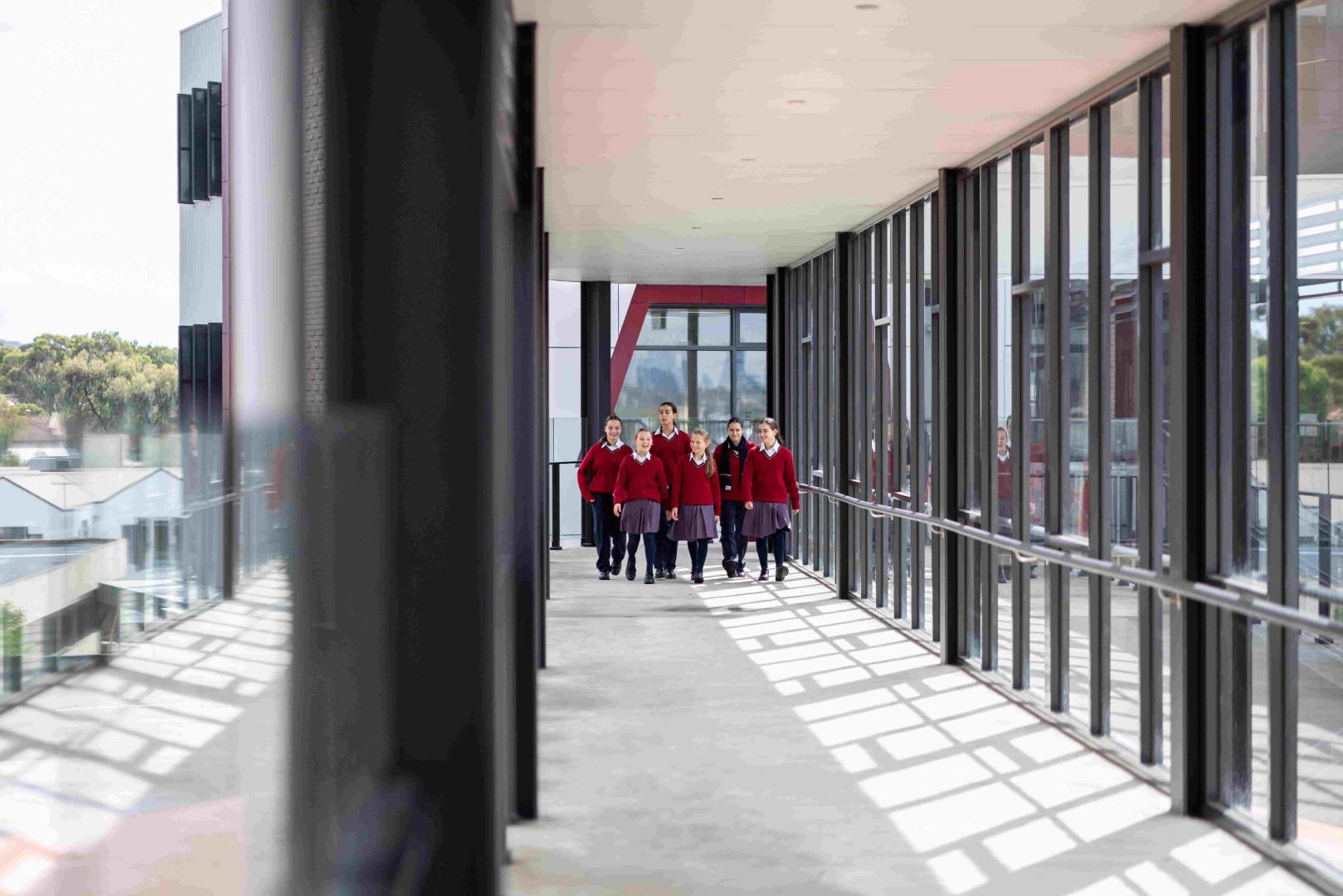
Pastoral Structure
Each student is assigned a Pastoral Group and Leader. In Years 7–9, the Pastoral Leader may change from year to year. In Years 10–12, students are assigned to a vertical Pastoral Leader within a House. The aim is to have the same Pastoral Leader with each group over the student’s senior years. Pastoral groups meet at the beginning of each day and usually comprise, on average, 25 students.
Pastoral Leaders are supported and lead by a Year level coordinator at Years 7 – 9, or a House Coordinator at Years 10 – 12.

Restorative Practices
The College successfully uses ‘Restorative Practices’ in building and maintaining relationships. Restorative practices is based on a belief that the resolution of conflict builds trust and good relationships. This approach helps staff and students learn from mistakes and resolve problems with others. It promotes resilience. It is about helping young people to become aware of the impact of their behaviour on others and to build their commitment to personal accountability and responsibility.
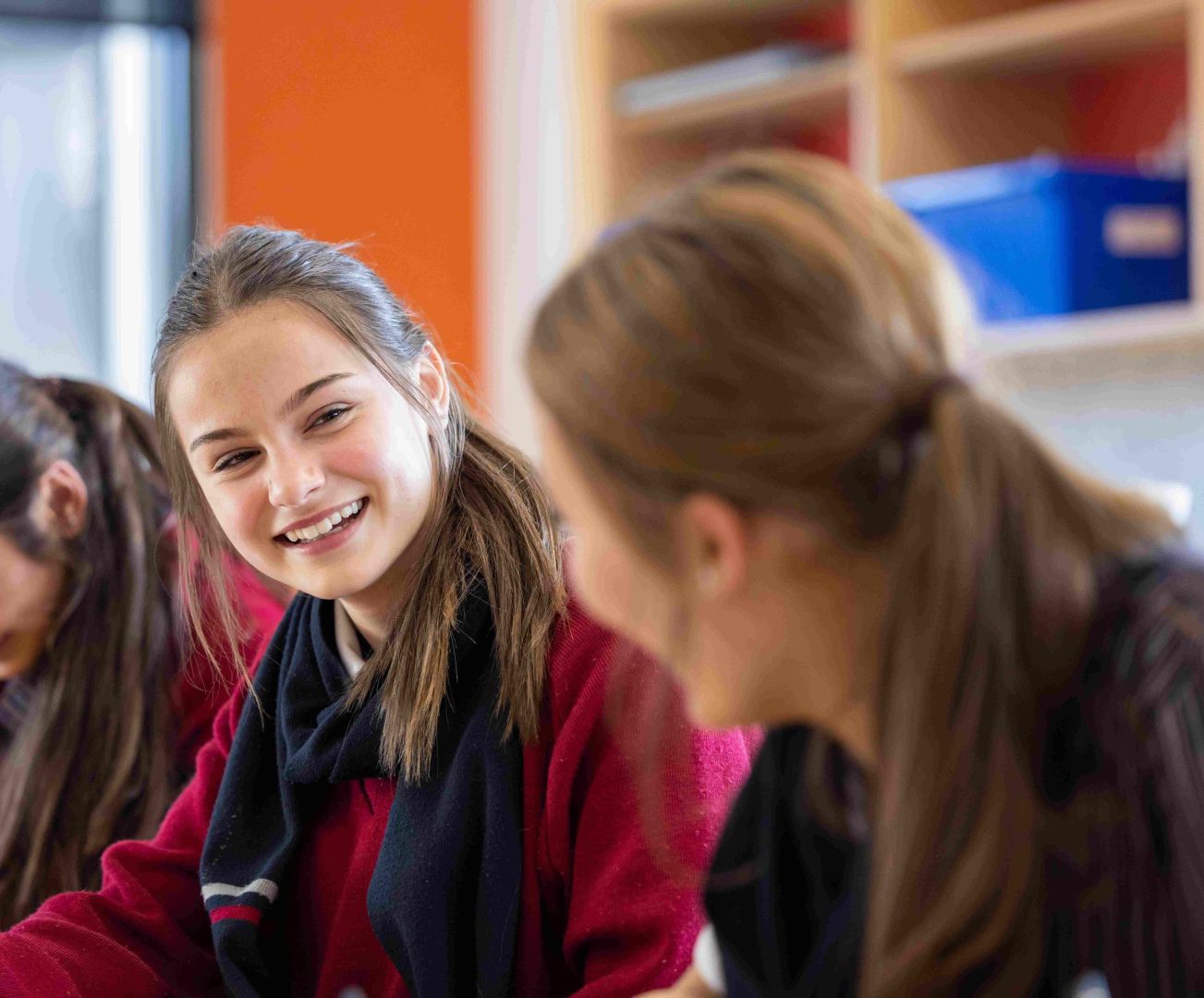
A Sense of Belonging
Special emphasis is placed on the transition process from primary to secondary school to ensure that a student’s sense of belonging can be established early. Our Year 7 Coordinator visits all potential students in their Grade 6 year at their primary school if they attend one of our priority primary schools. There is an induction day in December before a student starts at OLMC and the students have two Transition Days over their first terms at OLMC to provide continued support and opportunities to make new connections.
The College also has a peer support program where each Year 7 student is entrusted into the care of a Year 9 leader. They meet regularly throughout the year to provide support in transition.
The range of activities in the Co-Curricular program is also a way of engaging students in the school community and allows them to build relationships across year levels and with staff.
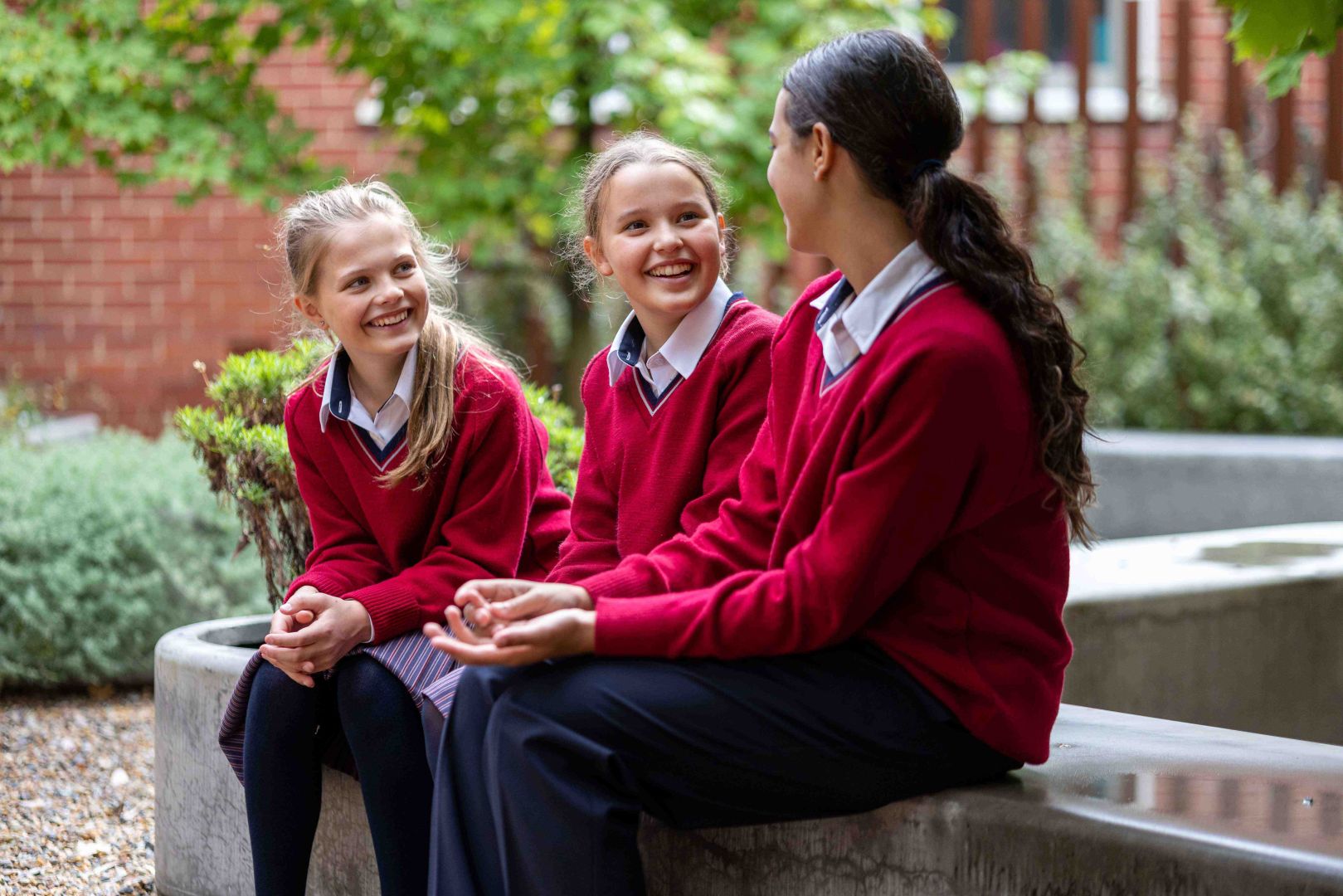
Exploring Issues of Adolescence
The College’s pastoral program, delivered across all year levels, addresses age-specific socio-cultural issues (lifestyle, health and relationships) that have a significant bearing on the wellbeing of girls and young women. These pastoral programs sometimes involve the engagement of specialist keynote speakers and external facilitators. Examples of programs include alcohol and drug awareness and safety; building and sustaining personal motivation; cybersafety; positive self-image and healthy lifestyles; understanding risk and resilience; and safe partying.
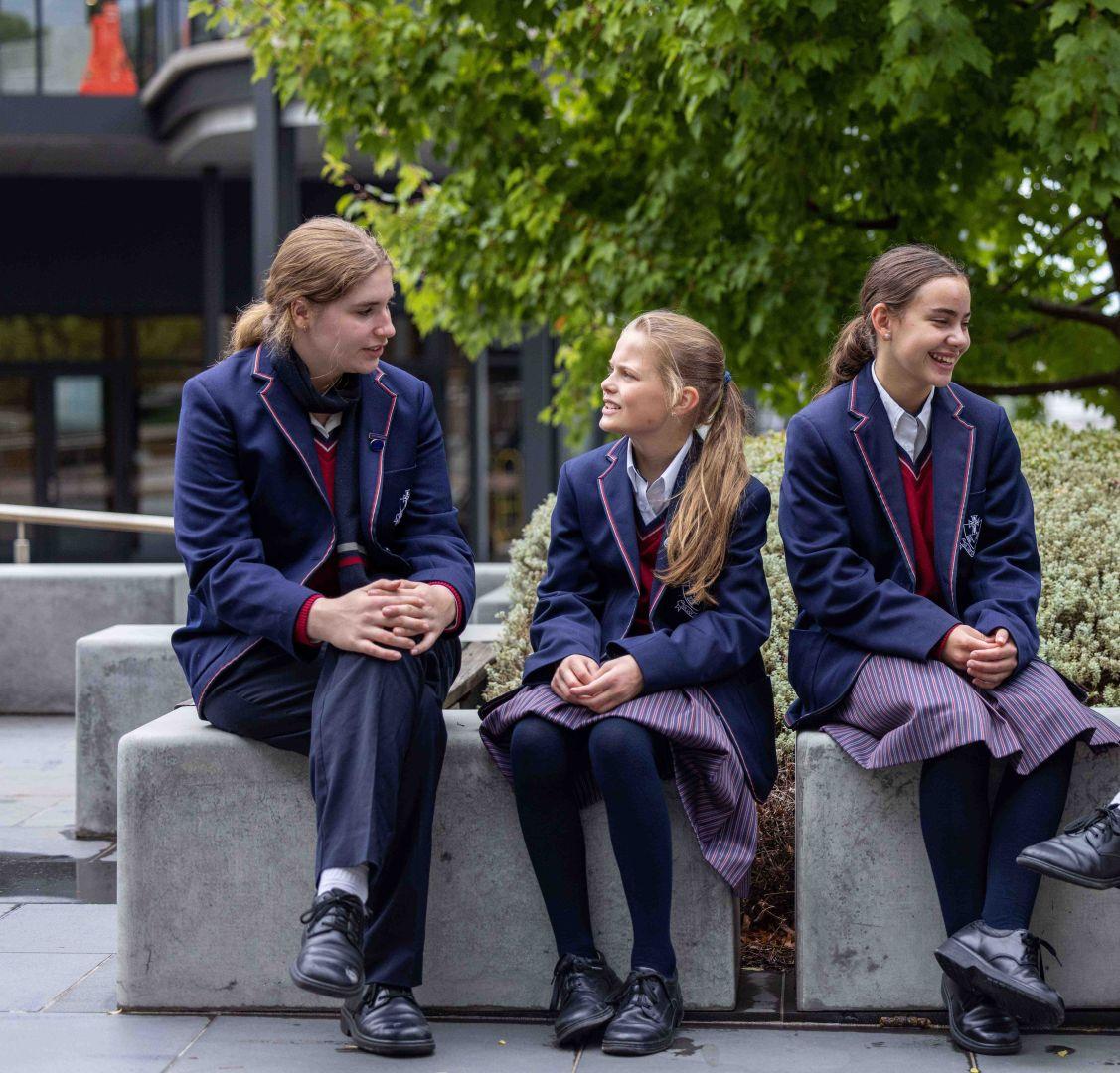
High Expectations
Expectations for student behaviour are clearly set out in OLMC's Student Behaviour Management Policy. This document brings together our expectations, with consequences for breaches of the expectations. The policy is based on being transparent and fair while building a set of expectations that signal belonging to this school community.
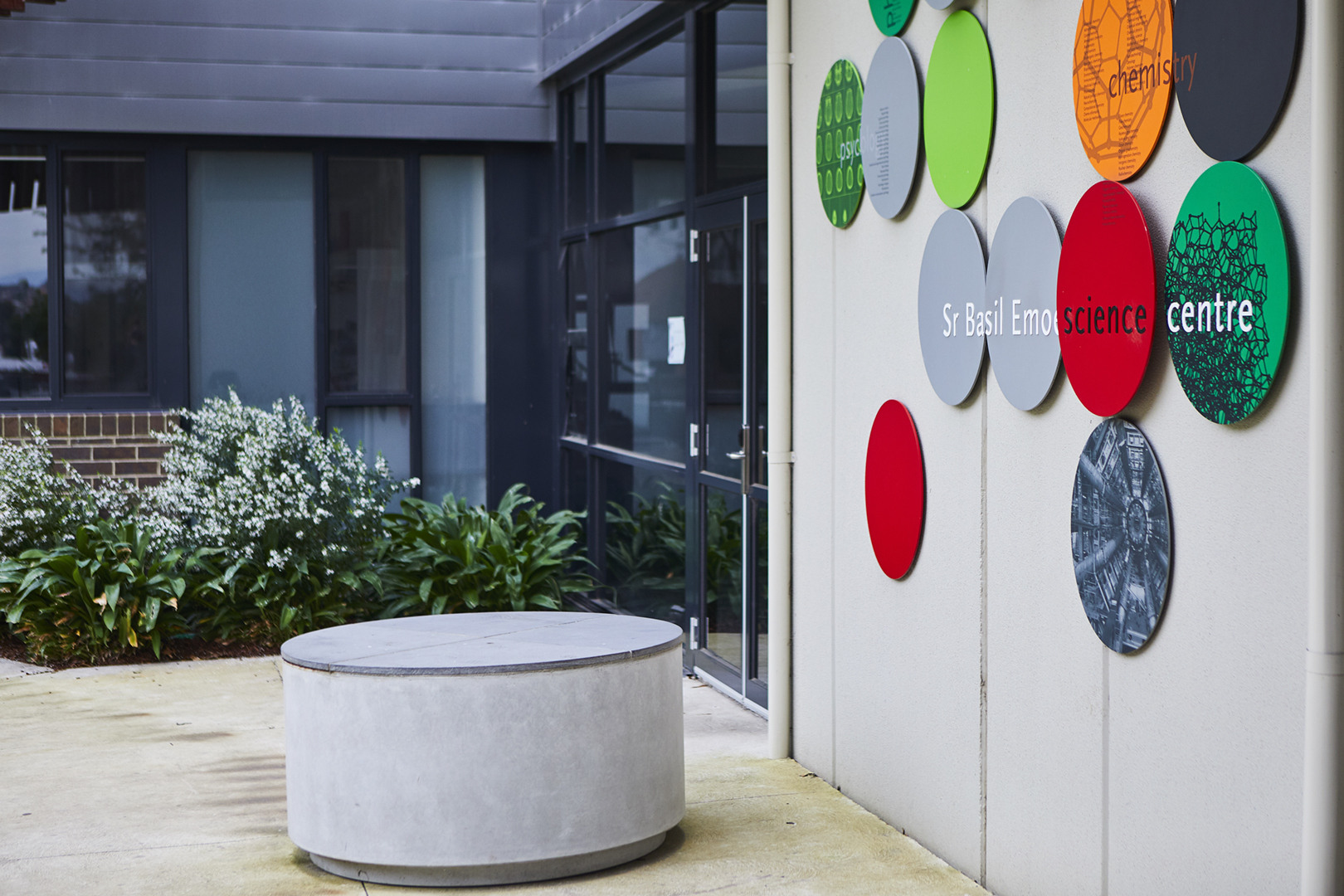
Student Counsellors
OLMC's Student Counselling Coordinator is Ms Laurie Gunn and she is supported by three part-time Counsellors. They are well qualified and experienced and understand the issues that arise for young people. The Counsellors are available to discuss concerns with parents regarding their daughter. They also oversee a range of pastoral programs for students.
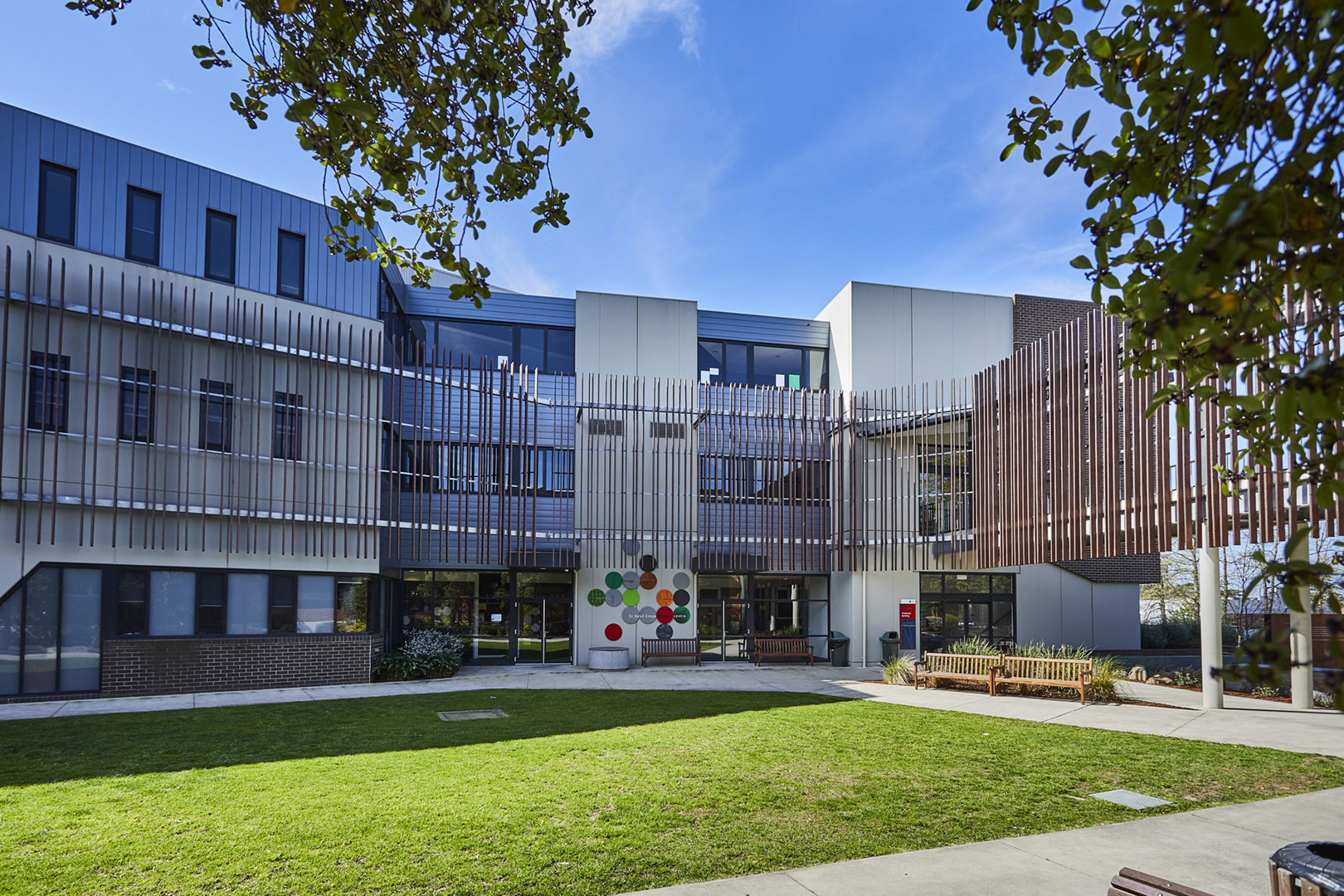
Medical Centre
Two registered nurses manage the health care of students at the College, with either staff member available at the Medical Centre each day. The nurses have a large network of resources, support groups and information available to students and parents.
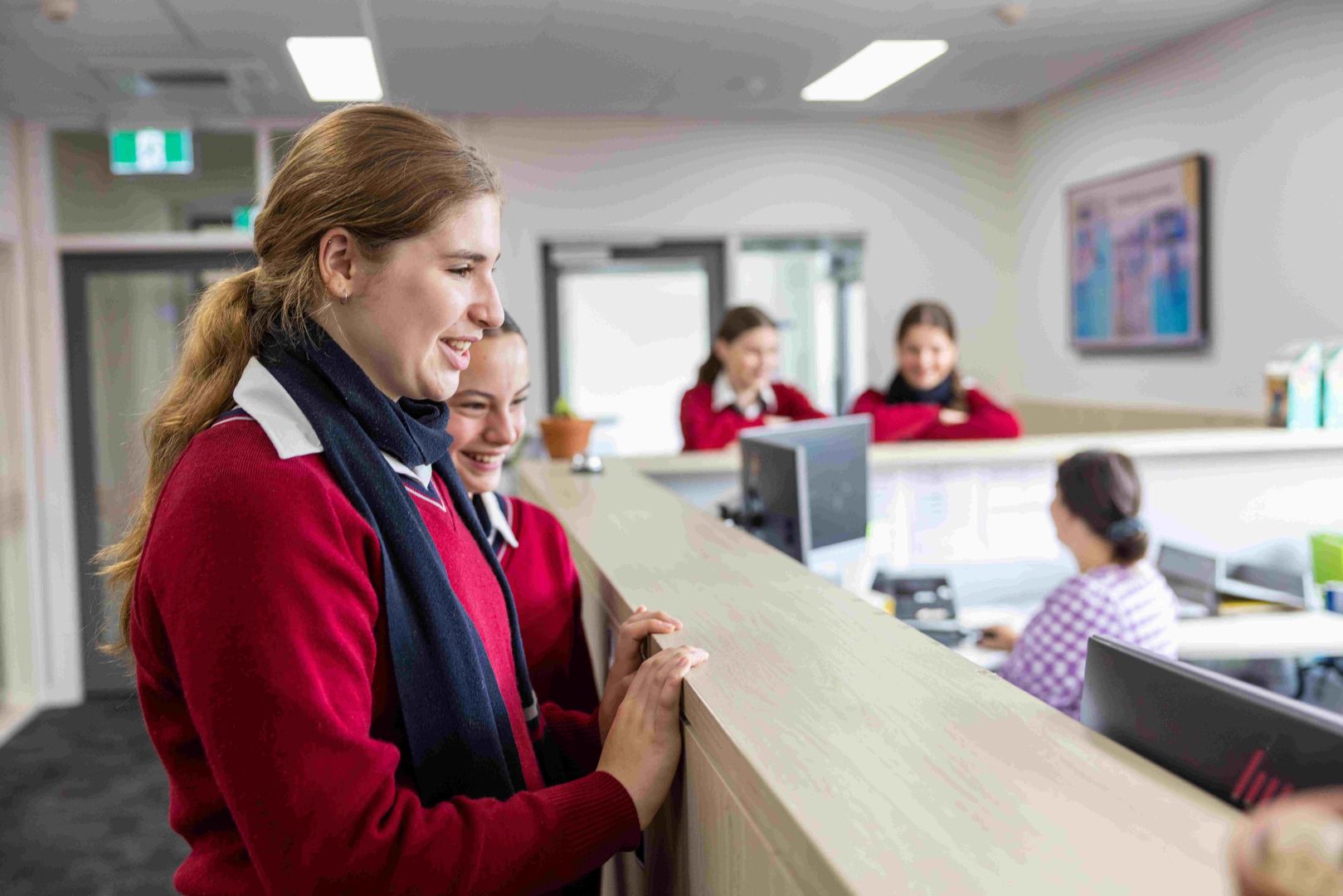
Collaboration with Parents
Year Level and House Coordinators, as well as class teachers, are keen to build communication with parents and parent/student/teacher meetings are encouraged. Parents are always welcome to make contact with the College regarding queries or concerns about their daughter’s education.


